Their twenty thirteen album,
The Dream Calls for Blood, had a very angry attitude and was intense with ferocious guitar work from the top to the bottom of the track list. It was their best album, in my opinion, and rivals the best offerings from
Havok or
Lich King. Then their twenty fifteen work,
The Evil Divide, was more experimental in nature. It incorporated some groovy textures and cheesy backup vocals into their brand of thrash metal. There weren’t many awesome guitar leads, but it still thrashed out at a fast pace and sounded different than their previous albums. This recent release,
Humanicide, comes in a cardboard trifold arrangement. The album art depicts three hostile wolves, wearing ram head dresses. The inner three panels show black and white photos of each member of the quintet performing live.
The title track comes first and commences with a European styled guitar solo that is very mild in texture. Then the composition runs with chaotic thrashing, as the lead guitarist interjects his licks at a faster pace. The vocalist screams in a prolonged rage, as the drummer pounds away. The lyrics are hollered in cadence with the old
Slayer song,
Piece By
Piece. Then there are belligerent thrash interludes that waver from lower to higher notes. Vocalist Mark Osegueda is the band’s original vocalist and he doesn’t dye his hair to look more youthful at age fifty, because he demands that you respect him for who he is. He usually yells with strong expressions of displeasure, like he’s pissed off at the world. Some of his outbursts exhibit more use of the throat and with a bit of frenzy. Occasionally he manages to sing with his enraged attitude. The backup vocals come in and out, with shouting in some tracks and a bit cheesy in others.
Rob Cavestany is the only founding member left in the band, from back in his teenage years. He is a brilliant lead guitarist, with plenty of talent and is now fifty one years of age. The rhythm guitarist, Ted Aguilar, joined
Death Angel in two thousand one and has performed on their six latest albums. There is a lot of midrange thrashing, with brash textures. The fast riff shifting occasionally hits the high notes, but the melodies usually aren’t too catchy. Sometimes Rob scrambles out the guitar solos, with his highly skilled fret board work. The fourth song, I Came for blood, runs with fast melodies that sound similar to a couple of their older tracks from
The Art of Dying. But it isn’t nearly as brutal and comes a bit closer to the heavy metal genre. An interlude smashes through with speedier thrashing, as the drummer beats with a mixture of snare drum tones. Mark shouts out his lyrics with markedly less anger. “You can’t break me down.” “This battle is not an option, it’s a part of who is me.”
The eighth number,
Ghost of Me, moves forward with swift thrashing and choppy guitar leads. Osegueda angrily yells his lines, with some occasional shouting backup vocals. “When your world is crashing, don’t disappear.” “Dig down deep inside and show them why you’re here.” The bassist plays prominently and the drummer flutters along with melodic beat tone patterns. The guitar riffs sound similar to some of the material from
The Art of Dying and then follow with flashy high note picking. Then the vocalist becomes further enraged and intense. “Don’t you ever quit, don’t back down!” “But once confronted, just watch those bastards fall!” The bassist Damien Sisson joined
Death Angel in two thousand nine and this is the fourth studio album that he has appeared on for the band. He often plays fast with midrange notes that beef up the guitar music and reinforces the drum beats. At times he gets his turn to stand out with powerful bass lines that set the musical tone for certain compositions and there are also a couple of heavy bass solos.
The drummer,
Will Carroll, has been with
Death Angel for ten years and this is the fourth studio album that he has performed on for them. He usually beats the various drums speedily, with some shuffling patterns. The crossovers display a variety of tones and some lightning fast stutter beats. The bass drums are used, but they don’t stand out as much as the snare drums do. The final offering, The Day I Walked Away, starts with atmospheric whining guitar licks from both guitarists, using an increased measure of crisp distortion. Mark sings with a rare calm voice, as though he has a heart filled message to give us. “I’ve got nothing to chase, I’ve got nothing to win.” “I’ve got nothing to lose, so think twice my friend.” The music has a lighter texture and sounds as experimental as the tracks from
The Evil Divide. Then suddenly a choppy rhythm comes in, which sounds similar to the style of
Destruction.
In twenty thirteen,
The Dream Calls for Blood reached number seventy two on the Billboard 200 chart. In twenty sixteen,
The Evil Divide came in at number ninety eight. This year,
Humanicide hasn’t appeared on the chart. All of the lyrics were written by Osegueda, who is a gifted songwriter. The main point of these messages is to stand strong in the face of adversity, so that you can eventually overcome and put your foes to shame. Which is similar to the lyrical schemes that have been used by
Kiju and 4 Arm. Most of the music was composed by Cavestany, who likes to mix things up, so that each album has a different sound. There are various intensities of thrashing, with melodic licks and some high note picking. A lot of the music sounds like it was borrowed from
The Art of Dying and there are also some experimental textures that sound similar to
The Evil Divide. It’s a decent album, although they haven’t introduced very many new ideas.
The Dream Calls for Blood was a hell of a lot more explosive and dynamic.
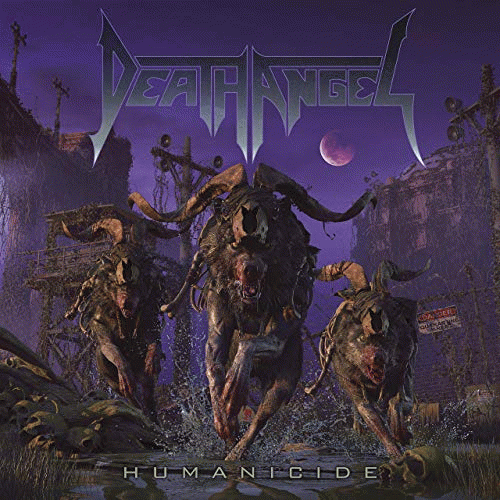
 Death Angel : Humanicide
Death Angel : Humanicide









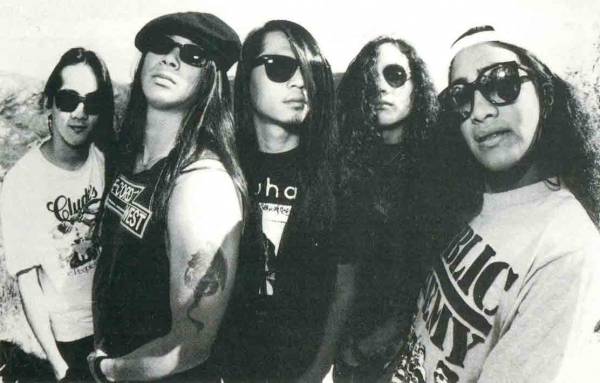
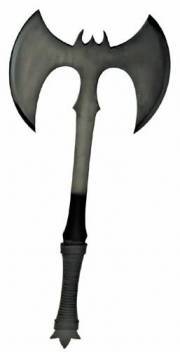
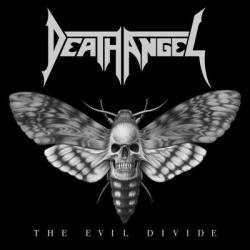
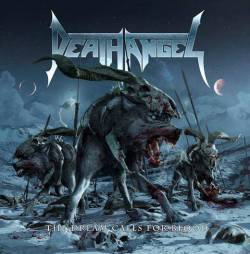
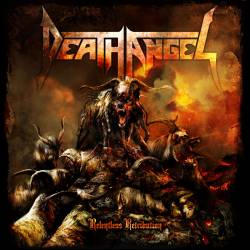
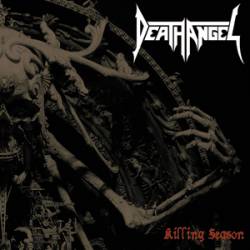
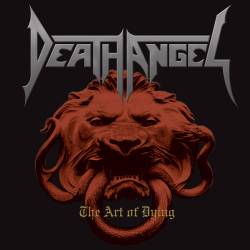
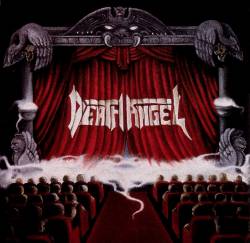
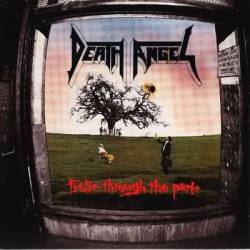
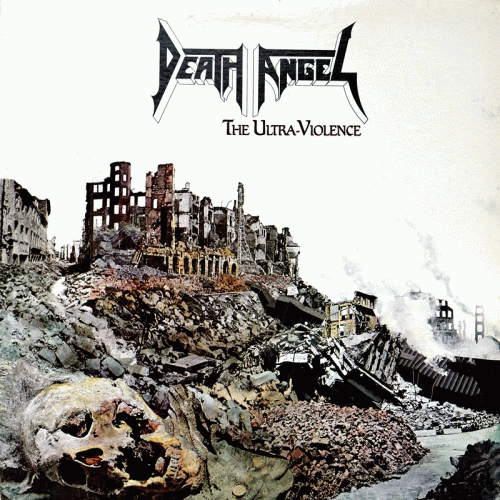
É necessário que estejas conectado/a para adicionares um comentário